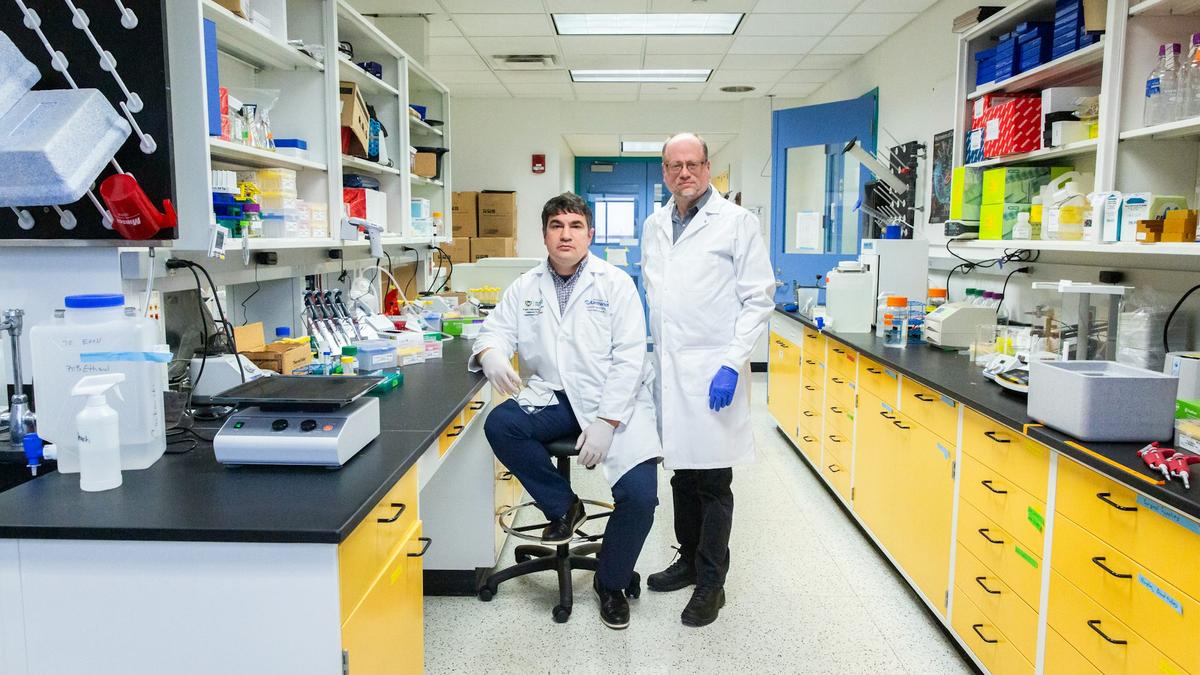
Bogus scientific papers slowing lifesaving medical research
The Hindu
Bogus scholarly research from paper mills undermines legitimate literature, impacting fields like cancer research and medicine worldwide.
Over the past decade, furtive commercial entities around the world have industrialised the production, sale and dissemination of bogus scholarly research. These paper mills are profiting by undermining the literature that everyone from doctors to engineers rely on to make decisions about human lives.
It is exceedingly difficult to get a handle on exactly how big the problem is. About 55,000 scholarly papers have been retracted to date, for a variety of reasons, but scientists and companies who screen the scientific literature for tell-tale signs of fraud estimate that there are many more fake papers circulating – possibly as many as several hundred thousand. This fake research can confound legitimate researchers who must wade through dense equations, evidence, images and methodologies, only to find that they were made up.
Even when bogus papers are spotted – usually by amateur sleuths on their own time – academic journals are often slow to retract the papers, allowing the articles to taint what many consider sacrosanct: the vast global library of scholarly work that introduces new ideas, reviews and other research and discusses findings.
These fake papers are slowing research that has helped millions of people with lifesaving medicine and therapies, from cancer to COVID-19. Analysts’ data shows that fields related to cancer and medicine are particularly hard-hit, while areas such as philosophy and art are less affected.
To better understand the scope, ramifications and potential solutions of this metastasising assault on science, we – a contributing editor at Retraction Watch, a website that reports on retractions of scientific papers and related topics, and two computer scientists at France’s Université Toulouse III–Paul Sabatier and Université Grenoble Alpes who specialise in detecting bogus publications – spent six months investigating paper mills.
Co-author Guillaume Cabanac also developed the Problematic Paper Screener, which filters 130 million new and old scholarly papers every week looking for nine types of clues that a paper might be fake or contain errors.
Frank Cackowski at Detroit’s Wayne State University was confused.













